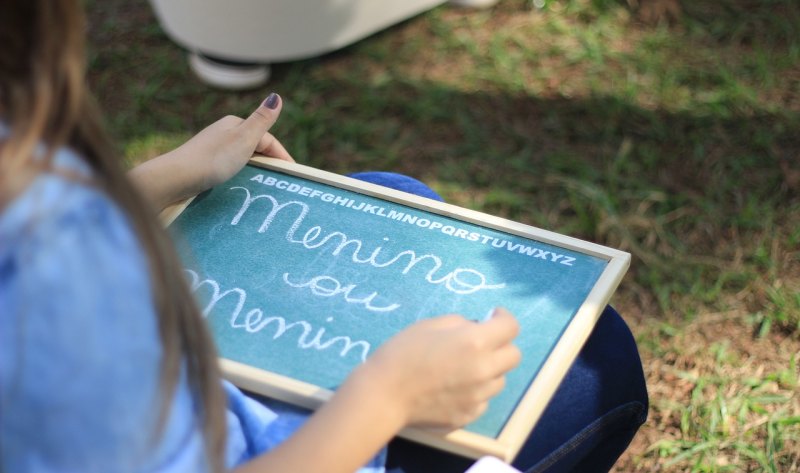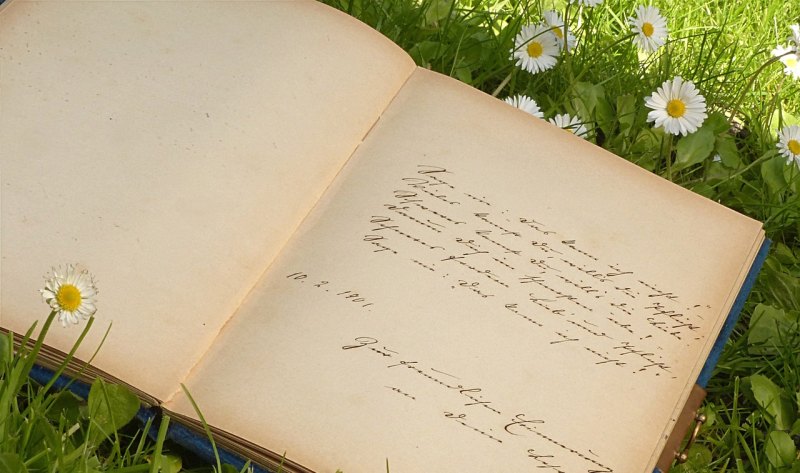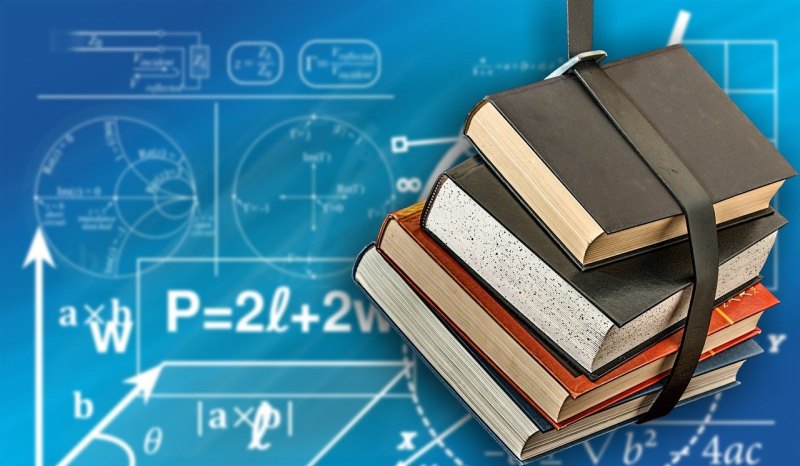小学情态动词的用法总结
情态动词can有一定的词义,但不能独立存在,它必须与动词原形一起构成谓语。情态动词can没有人称和数的变化。
一、基本用法
1. 表示能力(如体力和脑力方便),意为“能;会”等。can后面接动词原形。例如
I can speak Chinese . 我会说中文。
Can you paly the piano ? 你会弹钢琴吗?
What can you do ? 你会做什么?
2.表示请求或允许,多用在口语中,意为“可以;能”等。用于疑用句中用来提出要求,用于否定句中表示不允许。例如:
Can you ... ? “请你……好吗?”表示说话人的请求;
Can I ... ? “我可以……吗?”用来征求对方是否允许自己做某事。
Can I help you ? 我能帮助你吗?
You can't play basketball . 你不能玩篮球。
3.表示可能。例如:
He can be at home now . 他现在可能在家。
The moon can't always be full . 月亮不可能常圆。
二、句式变化
1.在变否定句时,直接在can后面加上“not”, 可缩写成can't 或cannot , 例如:
He can swim . // He can 't swim.
Emma can see the pen on the desk. //Emma cannot see the pen on the desk.
2.在变一般疑问句时,直接把can移到主语前(原主语的首字母改成小写,第一人称应变为第二人称)即可。例如:
I can see an orange on the table . // Can you see an orange on the table ?
肯定回答:Yes , 主语+can .
否定回答:No , 主语+can 't .
情态动词助动词七年级有哪些
情态助动词包括will(would)shall(should)can(could)may(might)must,need,dare,ought to,used to,had better后接原形不定词。
情态助动词不受主词的人称和数的限制。两个情态助动词不能连用。
如: 中文:他将能够及时完成此事.
He will be able to finish it in time.
will和本动词be构成的简单未来式。
除could,might,should,would有时(如在间接引语中)被看作是can,may,shall,will的过去时外,情态助动词本身没有时态变化
will和shall的比较
A、表示将来
① shall 用于第一人称主语
② will用于其它人称,现在倾向于所有人称都用will
We shall be very happy to see you.
我们将非常高兴见到你。
By then you’ll have forgotten this.
到那时你将忘掉这一切。
Mary and I will take the four o’clock train.
我和玛丽将乘四点的火车。
B、表示建议或征求对方(即听者的)意见,愿望。意为“….好吗?”“要不要……?















